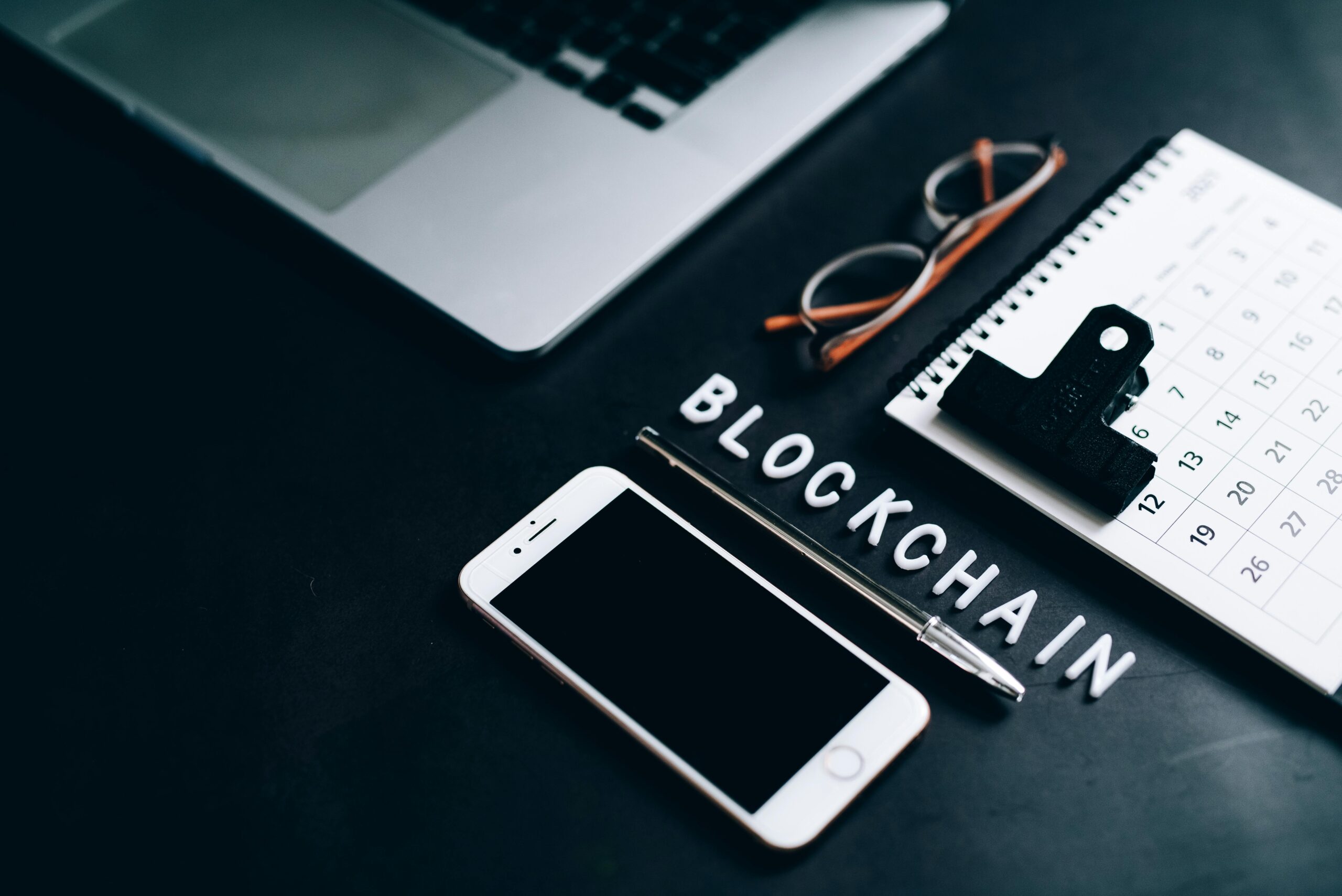Blockchain is a technology that is increasingly being used outside of the world of cryptocurrencies. Its properties, such as decentralization, security, and transparency, make it a key tool in many sectors. When combined with mobile applications, blockchain opens new possibilities for various industries. How can these industries benefit from it, and which sectors are likely to gain the most? Let’s take a closer look.
1. Finance and Banking
The financial sector was one of the first to adopt blockchain technology, primarily due to cryptocurrencies. However, this technology offers much more, including:
- Fast and cheap international transfers – Traditional banking systems require intermediaries and often charge high fees. With blockchain, transfers can be carried out instantly and at lower costs.
- Transaction security – Blockchain eliminates the possibility of manipulating financial records and fraud related to double-spending.
- DeFi (Decentralized Finance) – Mobile applications utilizing smart contracts allow users to access financial services without intermediaries, such as loans or cryptocurrency staking.
2. Healthcare
Protecting patient data and ensuring their security are key challenges in healthcare. Blockchain can significantly improve the management of medical information:
- Secure storage of patient data – Blockchain allows for the creation of digital health records, which can only be accessed by authorized individuals.
- Tracking the drug supply chain – It eliminates the issue of counterfeit drugs by ensuring transparency throughout the production and distribution process.
- Remote medical consultations – Mobile applications can integrate blockchain to enable patients to share their health data with doctors securely and anonymously.
3. Logistics and Supply Chain
One of the biggest issues in logistics is the lack of transparency and the ability to track goods in real-time. Blockchain in mobile applications can significantly improve this process:
- Tracking products from manufacturer to consumer – Every change in the supply chain is recorded and cannot be altered, increasing the reliability of information.
- Preventing fraud and counterfeiting – Product authenticity can be verified by scanning QR codes in mobile applications.
- Automatic settlements between parties – Smart contracts allow for payments to be made only after certain conditions are met (e.g., delivery of goods).
4. Real Estate
Buying, selling, and renting properties are processes that often require numerous documents and intermediaries. Blockchain can simplify these procedures:
- Tokenization of real estate – The ability to buy and sell shares in properties in the form of digital tokens.
- Secure lease agreements – Smart contracts can automatically trigger rental payments, eliminating the risk of arrears.
- Transaction history – Blockchain provides a transparent and immutable record of property ownership history.
5. Gaming and Entertainment
The mobile gaming industry is increasingly adopting blockchain, especially in play-to-earn models and NFTs:
- Unique in-game items (NFTs) – Players can own and trade digital items that cannot be copied or duplicated.
- Secure microtransactions – Payments in games can be made using cryptocurrencies, eliminating chargeback and fraud issues.
- Ecosystem transparency – Blockchain allows for full control over the player’s assets without interference from the game developer.
6. Media and Intellectual Property
Protecting copyrights is a huge challenge in the digital world. Blockchain can help by:
- Ensuring copyright for content – Creators can register their works on the blockchain, eliminating plagiarism.
- Transparent revenue distribution – Smart contracts can automatically transfer payments to artists and creators with each sale or content reproduction.
- Protection from piracy – Blockchain can track who and when used a given digital material.
Summary
Blockchain in mobile applications opens new possibilities for many industries – from finance, healthcare, logistics, gaming, and real estate, to media. Thanks to its advantages such as security, transparency, and decentralization, companies can create more innovative and efficient solutions. As this technology continues to evolve, we can expect an increasing number of mobile applications integrating blockchain into everyday life.

